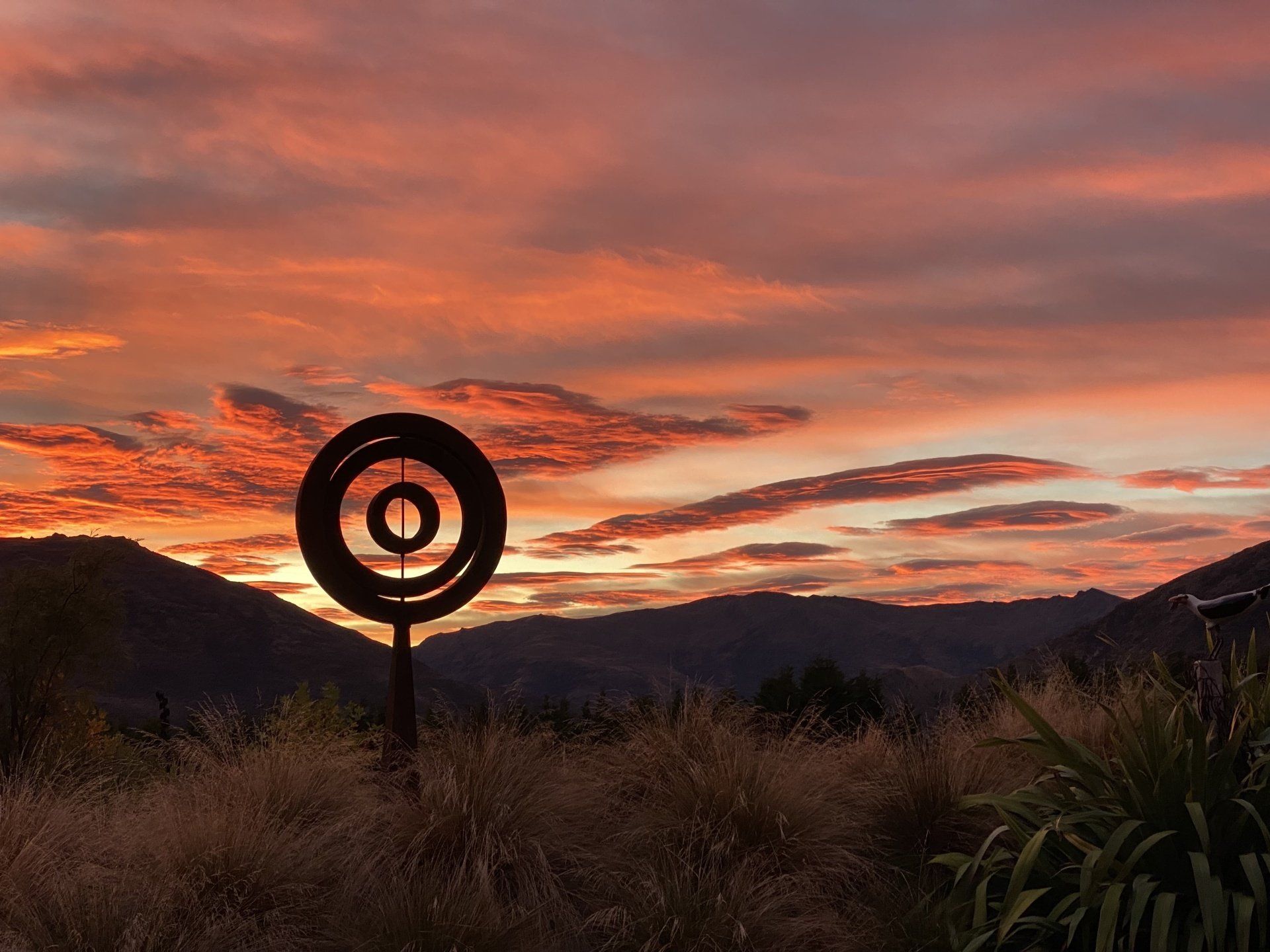Climate Change & Consensus

This post is not about whether there is consensus around the world’s climate changing rapidly and anthropogenic greenhouse gases having a significant role in that change. If you don’t believe this, I am not going to be able to convince you, nor am I going to spend time trying. The changing climate seems to be ever more evident, both in New Zealand and overseas. Friends of ours in Canada have bought a property at 54.5 degrees N, between Smithers and Prince Rupert, because the summers where they currently live at 49 degrees N have become too hot and forest fires are a regular feature. Somehow that drummed home to me the changes humans are going to have to make at an ever increasing pace as temperatures change.
In New Zealand, the SeaRise projections (the maps are worth looking at online) were in the news recently, showing the rate at which sea level rise will affect the NZ coastline. A critical part of the findings are the significant vertical components of land movement in NZ, as a result of our country sitting on two shifts tectonic plates. These vertical movements will increase the rate at which the sea will encroach on the land, including much of the area around Wellington, up the lower North Island east coast, Auckland, top of the South Island and Christchurch.
Media articles about the SeaRise projections included calls for community action to jointly plan transitions, as sea levels rise and force changes in infrastructure and housing. The commentary included statements such as, ‘Joint planning is needed so that communities can reach consensus on what is in everyone’s best interests.’ The problem will be that, there are unlikely to be any actions that will be in everyone’s best interests. As in most of life, whatever happens will benefit some while disadvantaging others.
The call for community action for joint benefit led me to thinking about consensus decision making. Complex group decision making, such as in communities, can be better if a consensus model is used as opposed to voting, the traditional approach for group decision making in western society. Consensus is a cooperative process in which all group members develop and agree to support a decision in the best interests of the whole. In consensus, the input of every participant is (theoretically) carefully considered and there is a good faith effort to address all legitimate concerns. The benefits include more ideas on the table, and greater buy-in to the solution and to participation in implementing the solution.
Consensus is a process with the goal of ‘achieving unity, not unanimity’. However, I think that ‘consensus’ often gets confused with ‘unanimous’. Consensus models in operation often want everyone to agree and to keep discussing the situation until everyone does agree. This approach can leave those who disagree feeling, or actually being, beaten into submission so the process can end. It can also lead to never-ending discussion. And consensus can lose diversity in thinking, if care is not taken to record the different views as the process runs.
One can record dissenting views during a discussion, but voting processes are useful for making such dissension clear. I think the members of a small Trust that I chair may have been quite surprised by my excitement at the last meeting when we voted (after adequate discussion), and five people were for a motion and two against it. It was the first time I remember the group having visibly divergent views and I thought it was a really good thing. The matter on which we were deciding was a financial one in which there was no possible intermediate position. Over the next year we will see whether our (majority) decision was good and, if it turns out not to have been a good choice, we all agreed to weight the views of the two dissenters more heavily in the next annual decision making process.
Something to consider with voting is that a vote does not have to be decided on a simple majority. A group can say that e.g. 75% need to be agree with a motion, rather than 50%. One still runs the risk of people being pressured to conform to get over whatever arbitrary numeric line is chosen, but a requirement for a greater majority means that a decision is more likely to reflect the wishes of the group when a vote is taken.
Coming back to sea level rise…it is going to be challenging indeed for communities to make shared decisions about the best actions to be taken. Decisions will be about multiple, very different options for action in different places and at different time scales. If sea level is rising, threatening infrastructure and houses, there will be invidious choices. A sea wall may protect houses in one place now, but deflect the problem to another place or make it worse at a later time. Buying out flood-threatened home owners may be an early solution, but communities are likely to quickly run out of funds, leaving those who were bought out first as winners (reminiscent of the Canterbury earthquakes when the first houses were fixed quickly and thoroughly and the later houses took many years and were done poorly).
Where will we find the people who can lead such community discussions to action? Leading groups to consensus and action is a very challenging task, where the nominal ‘leader’ must actually be the antithesis of a ‘traditional’ leader, taking their own preferences out of the picture and fully listening to the views of others to help shape the conclusion. Both leading and participating in effective consensus processes require considerable practice.
Is the conclusion that it is better to try for some element of consensus decision making regarding climate change threats, and potentially fail, than not to try at all? The inherent processes of discussion will add more to communal agreement than any simple vote on options. One thread running through every article on consensus is the need for relationships between people in the group – discussion will lead to relationships which will move a group forward knowing the decision was made well, even if they don’t agree with it – unity without unanimity.
If the SeaRise predictions are accurate, it feels like we had better start practising our consensus decision making yesterday…







